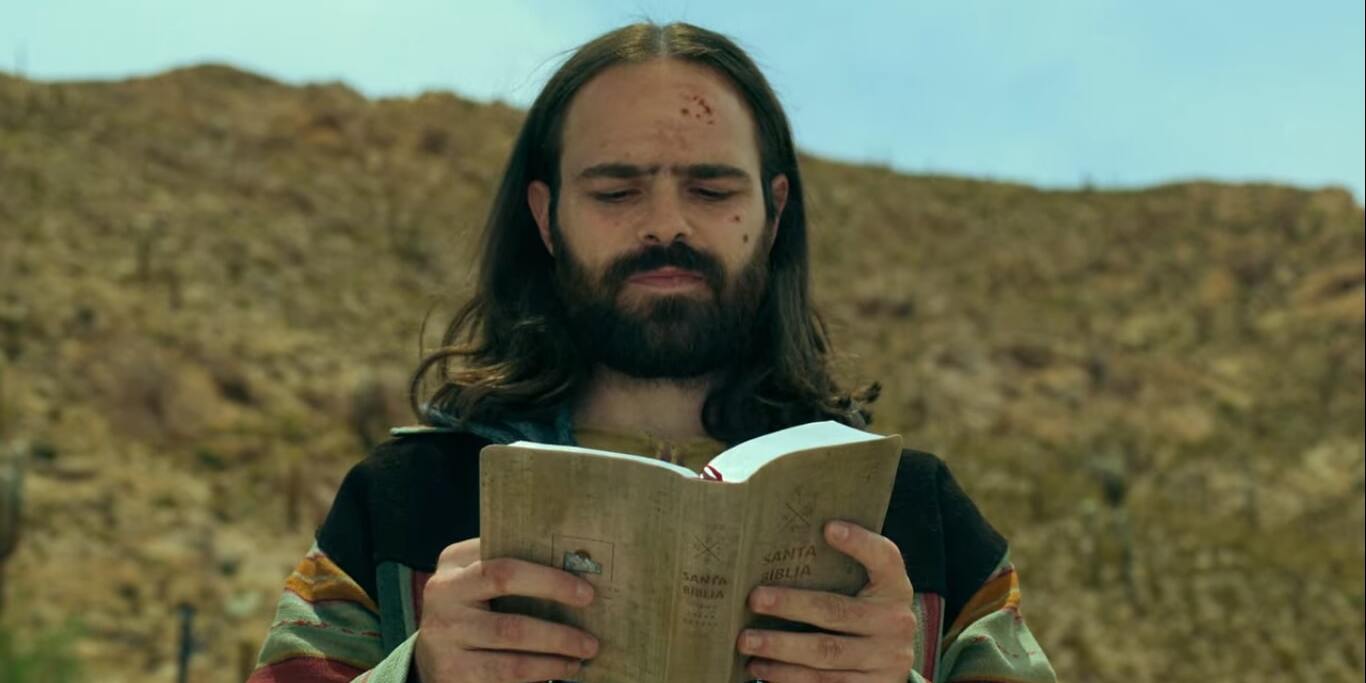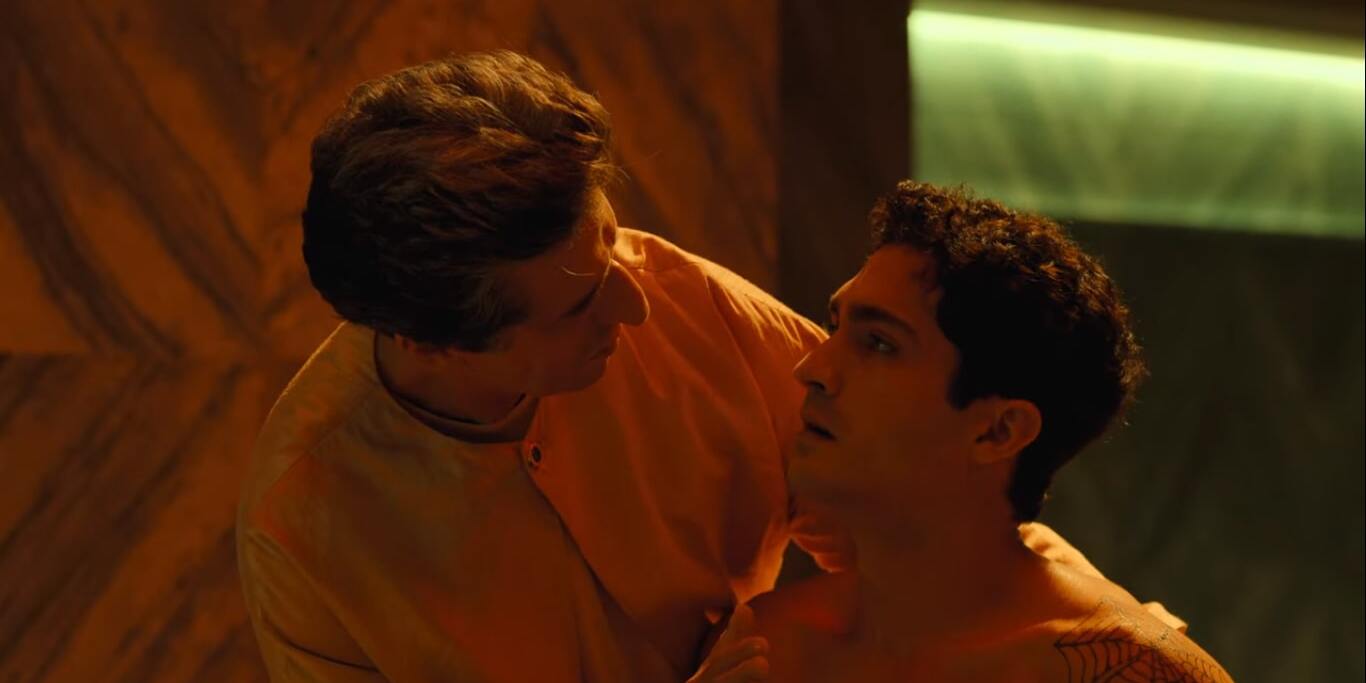Conceived by Claudia Piñeiro and Marcelo Piñeyro, ‘The Kingdom’ (originally titled: ‘El Reino’) is a Spanish-original political mystery thriller series with a sinister conspiracy in its kernel. After escaping a murder attempt, a charismatic pastor walks the road to presidentship. However, the story subsequently reveals that the pastor wears several masks, praying and preying in his titular kingdom. There are many stakeholders in the complex and intricate story of political intrigue, and while some conceal their faces behind giant screens, some take the blow.
In the crux, the story becomes about the eternal battle between good and evil, finally unveiling a damning exposition of the banality of evil in an age beyond morality. The truth gets obscured in a cacophony of lies, deceit, and conspiracy, and the good often feels powerless. However, you may wonder whether the story is ripped from the pages of a newspaper. In that case, allow us to keep you informed.
Is The Kingdom a True Story?
No, ‘The Kingdom’ is not based on a true story. However, the interrelated themes of power and post-truth are quite relevant to our day and age, and thus, the series assumes universal significance. Claudia Piñeiro and Marcelo Piñeyro create the series. Before, Marcelo Piñeyro and Claudia Piñeiro have worked on ‘Las viudas de Los Jueves,’ a 2009 project where Claudia wrote the novel and Marcelo directed the film adaptation. The creator initially had two ideas, both of which walked along the line of post-truth. In the end, they combined those ideas to give form to the final story.

They sought to come up with a story that would be relevant while appealing to the youth. After the theme was decided, they came up with the skeleton of the plot – a murder, a presidential formula, and the tempting mystery. In crafting the plot, the creators seemingly took inspiration from the turbulent history of Evangelism in Latin America. Although an Evangelist is yet to become the president of a Latin American country, the phenomenon of Evangelism’s political influence on the Latin American geopolitical landscape is quite grounded in reality.
The Evangelical Christian community has only increased its political influence and social mobility in the twenty-first century. Initial signs were already present in the region’s difficult religious acculturation and a long history of tyranny and corruption. More and more people have converted to Evangelical Christianism — with a decline in the followers of the Catholic Church — and the subsequent neo-Pentecostal and Charismatic movements. The community’s support has played a pivotal role in the election of Jair Bolsonaro in Brazil, while in Venezuela, pastor Javier Bertucci ran for election as well.
Like Pastor Emilio and his party in the series, the Evangelist political parties are usually associated with right-wing and culturally conservative ideologies. As the pastor, the members of this community professedly denounce same-sex marriages, LGBTQ rights, legalization of abortion and marijuana, and notions like “gender ideology” or “identity politics.” The pastor openly denounces same-sex relationships in the series, and he has several supporters in his stride. Moreover, he supports the use of guns, and the members of this community are often associated with opposing ideas like gun control.
These political parties sometimes support corporal punishment and death penalties, and the pastor’s celebration of Remigio’s death only reinstates the belief. According to the staunchest of critics, the political evangelists veer towards authoritarian and religious fundamentalist tendencies. The fact that Guatemalan dictator Efraín Ríos Montt was an Evangelical Christian does not make the case compelling for the parties. Some conspiracy theorists even connect them to the supposed covert organization New World Order, but these claims, needless to say, has no basis in reality.
At the core of the story lies the moral that power corrupts, and the corrupt become powerful in this world devoid of justice. At the same time, the series consoles one by reinvigorating the image of the pure divine in the contrasting character of the Fish. The tale is told in binaries: the powerful and the powerless, innocence and experience, and good and evil. In the end, the series shines through its apparent truthfulness to the incomprehensible cultural experience of an erratic Latin America.
Read More: The Kingdom Ending, Explained


You must be logged in to post a comment.